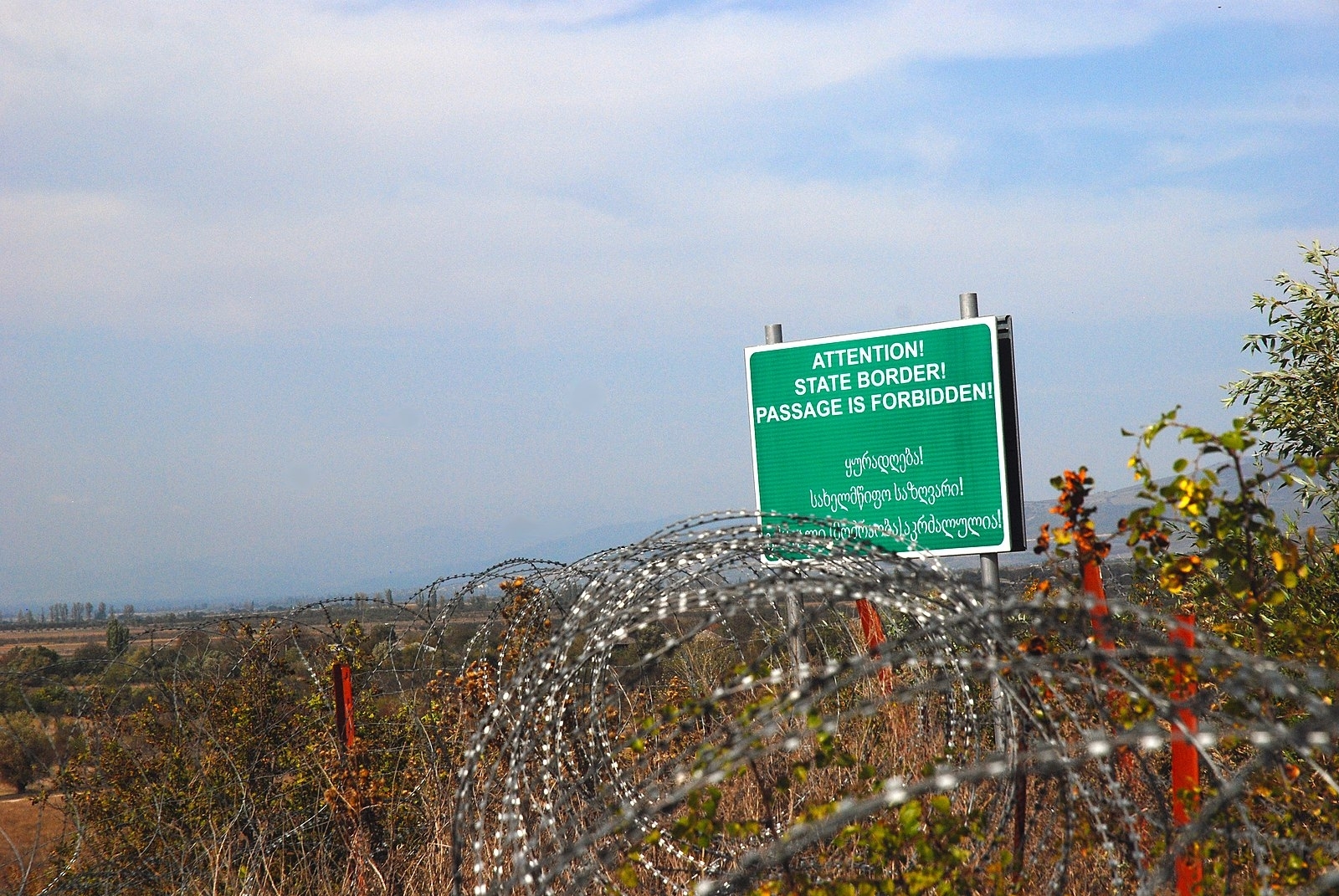Russian navy base in Ochamchire
In the interview with historian Dato Bragvadze, we talk about Beka Kobakhidze’s post about the history of Abkhazia, which was met with wide public attention. The historian also analyzes the public debate around this topic and talks about the pressing problems of Georgian science.
“Beka Kobakhidze raised questions to which Georgian historiography, basically, has no answers,” says Bragvadze, adding that “such important issues as Abkhazia and the Tskhinvali region cannot be a topic only at the end of September [the anniversary of the fall of Sukhumi]”.
Regarding the reaction to Kobakhidze’s post, Bragvadze notes that “we should have the opportunity to have a civil discussion, and it should not turn into insults.” The historian also criticizes statements that “Abkhaz are not real Abkhaz” and emphasizes that he is not a person who “looks at Abkhazia only from the point of view of Russian occupation.” “I think there are many things that need to be clarified between Georgians and Abkhaz, but despite these problems, we must respect each other’s identity,” the historian concludes.
Bragvadze also refers to Georgian historiography about Abkhazia and says that even the work of such influential scholars as Pavle Ingorokva can be questioned. “European archives contain more materials about us than Georgian ones. If we close ourselves, it will not protect us from hearing a different opinion on these issues,” the historian said.
Bragvadze also touches upon the discussion surrounding Nana Janelidze’s film “Liza, Go On”, which was received ambiguously by the Georgian public. Bragvadze believes that the existence of such films, despite criticism, shows that we are “a free society.”
“No matter how problematic and unacceptable the content of this film may be for the vast majority of Georgian society, I believe that if movies with such controversial content can be made in our country, then this is already a kind of achievement,” says Bragvadze.
Among other current topics around Abkhazia, Bragvadze also reacts to the formation of the Russian military fleet in Ochamchire. According to the expert, this fleet poses a great threat to Georgia. As for the Abkhaz people, Russia is trying to subjugate them with “brute force”, and “suppress their will and interests.”
Regarding the navy base, Bragvadze also speaks of the danger of inadvertently including Ochamchire in the context of the Russian-Ukrainian war. “Ochamchire is accessible to the Ukrainian army,” says Bragvadze.
“This military act, theoretically, will take place on the territory of Georgia. Can it be considered an aggressive act of Ukraine against Georgia, is a complex issue. I believe that it should not be viewed that way because we do not have control over this territory,” the historian said.
The interview also talks about a military solution to the Karabakh problem and how this will affect our conflicts. According to Bragvadze, such a resolution of the conflict is an example of missed opportunities, since “Armenia was quite stubborn in its positions – they did not want to give up the occupied territories outside of Nagorno Karabakh, let alone the Nagorno Karabakh itself.”
“We need to take a completely different path,” says the historian. “It is impossible to move towards the European Union and at the same time want war,” says Bragvadze, however, if the appropriate geopolitical situation is created, he does not exclude the probability of resolving conflicts by force.
“I can hardly imagine the Georgian government, which would find it easy to quickly solve the problem of territorial integrity by military means, and would resist this temptation,” concludes Bragvadze.


